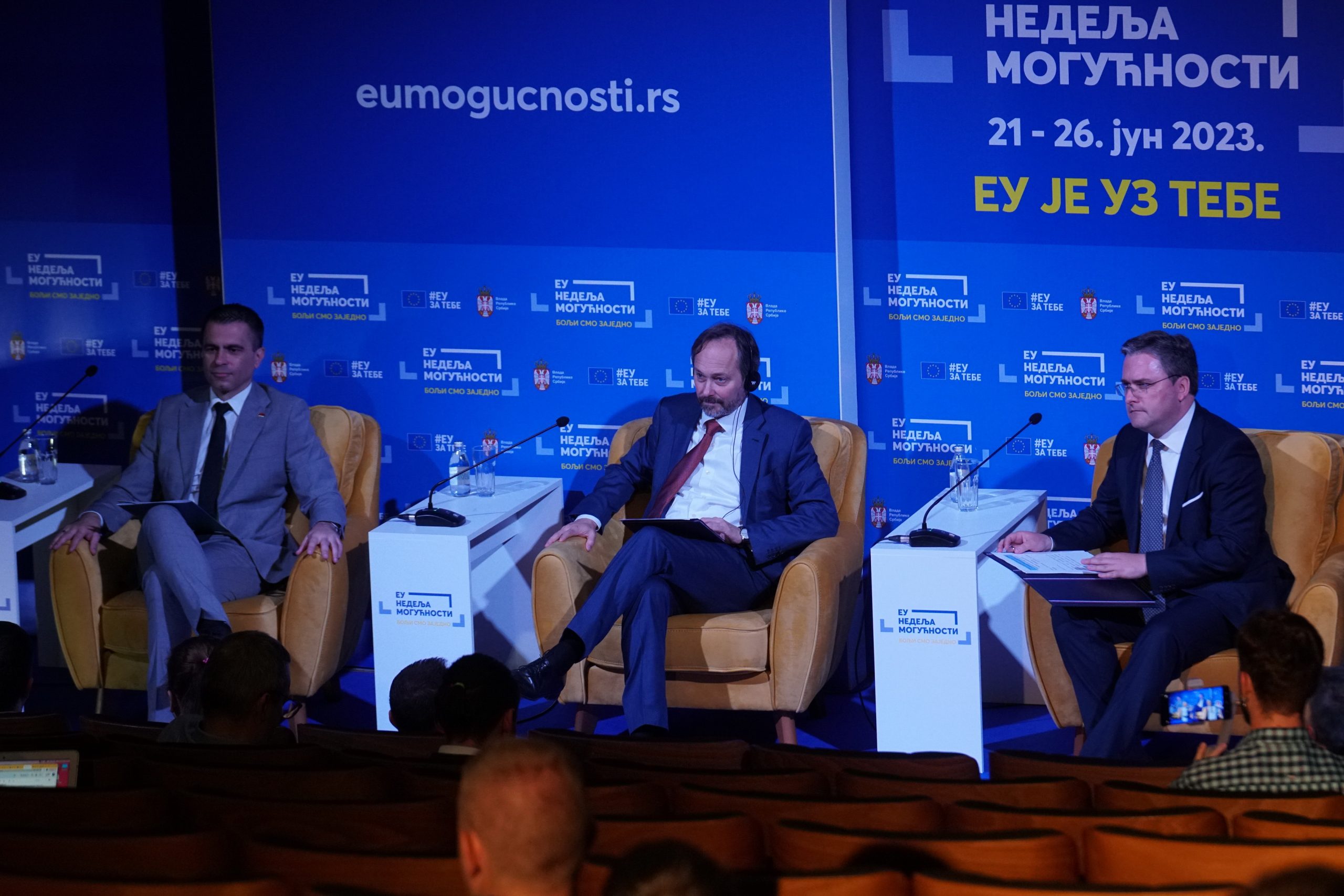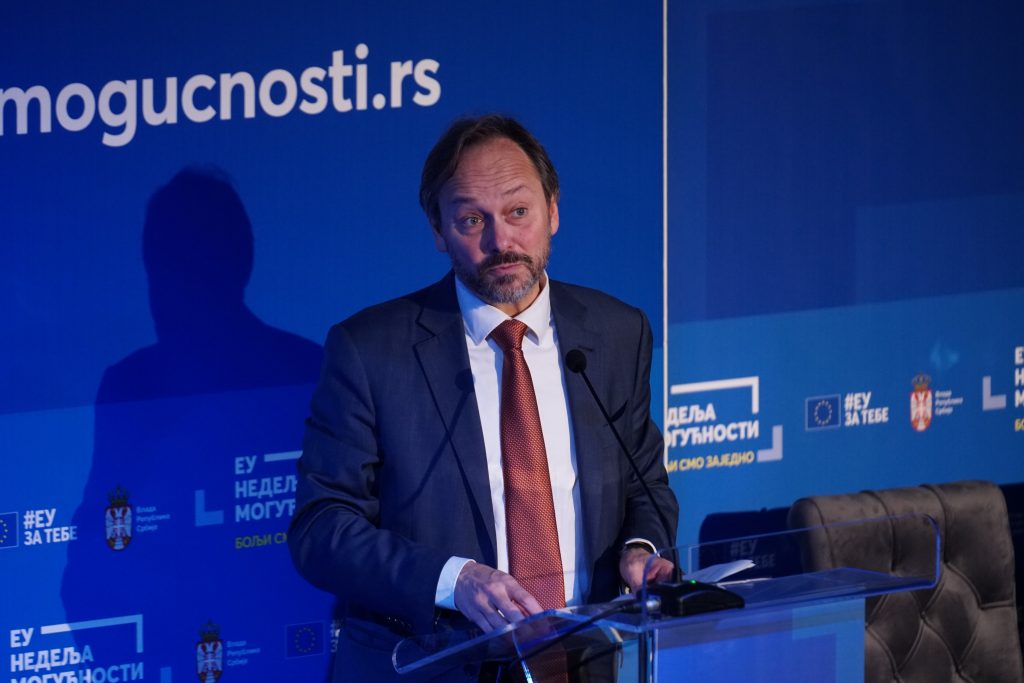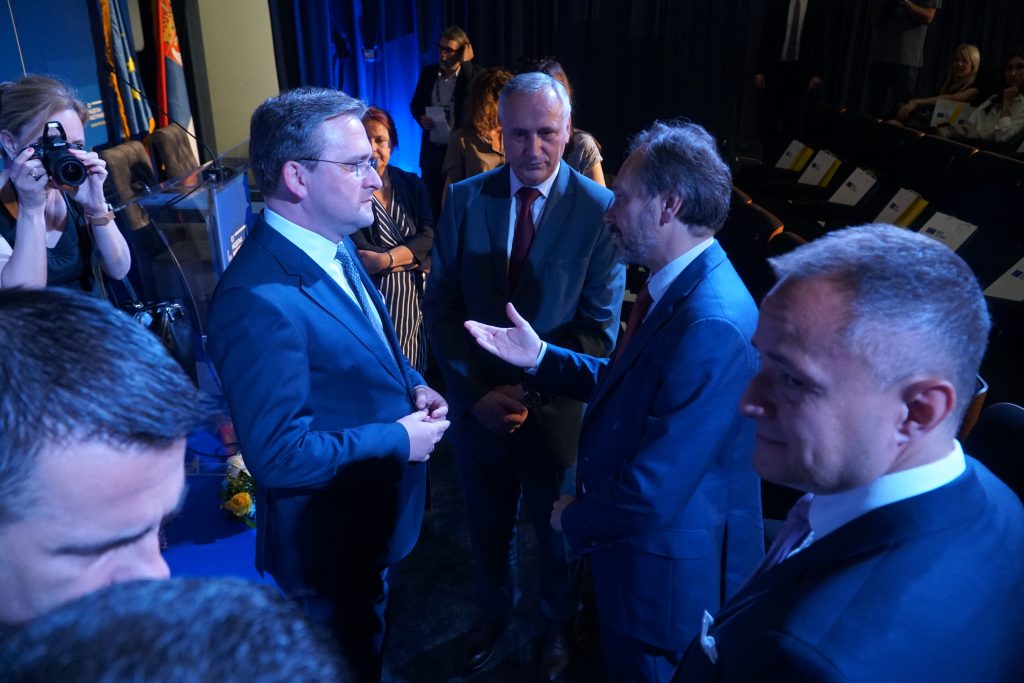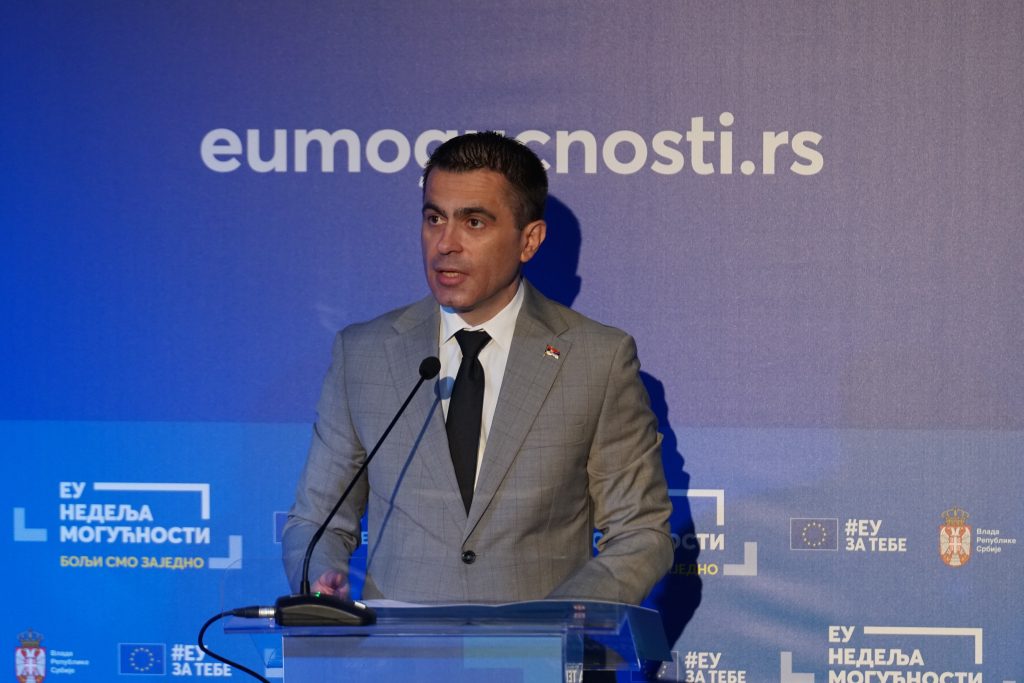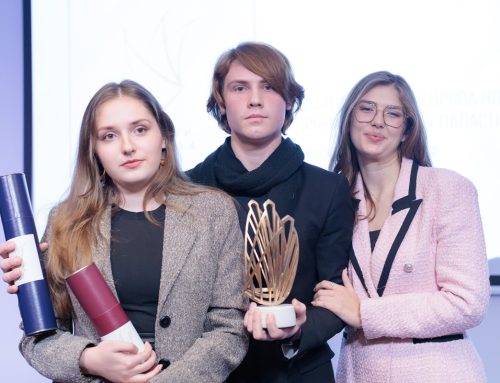The second day of the EU Opportunity Week began with the signing of contracts on new donations in the field of youth employment.
The Youth Guarantee scheme is an obligation of all EU member states to ensure that young people under the age of 25 receive a quality offer of employment, continuing education, and apprenticeship or a traineeship within four months of becoming unemployed or leaving school.
The goal is to create a system in which young people could find employment or work experience four months after they have finished school, stopped their education or lost their job.
The EU Ambassador to Serbia Emanuele Giaufret, the Minister of Labour, Employment, Veteran and Social Affairs Nikola Selaković and the acting Minister of Education Đorđe Milićević attended the signing.
“The Youth Guarantee is designed to serve the newly registered young unemployed, but also those who are not yet in the system. There are about 100,000 unemployed young people in Serbia who have decided not to register with the National Employment Service. Among them are young people who have lost self-confidence, others who lack adequate skills to get a job, and some who have simply decided to stay out of a system they no longer trust”, said Ambassador Giaufret.
“The European Year of Skills, which officially started on 9 May 2023, with the aim of promoting skills development, investment in education and training, in order to enable the workforce to acquire skills in line with the needs of the labour market and technological changes, can only deliver results through the joint and close cooperation of the sectors of employment, education, economy, youth, employment service, school system, education and training, social partners, youth organizations, chambers of commerce and other interested parties,” says Minister Selaković.
Acting Minister of Education Đorđe Milićević pointed out that Serbia participates in numerous initiatives and cooperation processes of the European Union in order to improve the education system and stated that a good example of this is Serbia’s participation in the Erasmus Plus Programme.
“The aim of these projects is to improve institutional and human capacities. During the previous participation in this Programme, institutions and organizations from Serbia were coordinators or partners in more than 5000 projects. Participation in the Erasmus Plus programme will continue to help the constant development of the education system. It will contribute, inter alia, to the improvement of the level of key competencies and employability of students and young people, the application of innovative practices through cooperation of institutions,” Milićević said.
The Youth Guarantee has had a positive impact on youth employment since its launch in 2013. From 2013 to 2020, there were approximately 1.7 million fewer young people who are not in employment, education or training (NEET) across the EU. Youth unemployment in the EU fell to 14.9% in February 2020.
During the same period, more than 24 million young people who once registered under the Youth Guarantee started the process of employment, continuing education, apprenticeship or traineeship. After two difficult year, 2020 and 2021, when the pandemic slowed down economic activity, youth unemployment in the EU decreased again. It reached a record low of 13.8 percent in April 2023.
The focus of the second day of the EU Opportunity Week is education, youth and sports. Those interested will be able to hear more information about the exchange programmes and other opportunities to use the EU funds.

